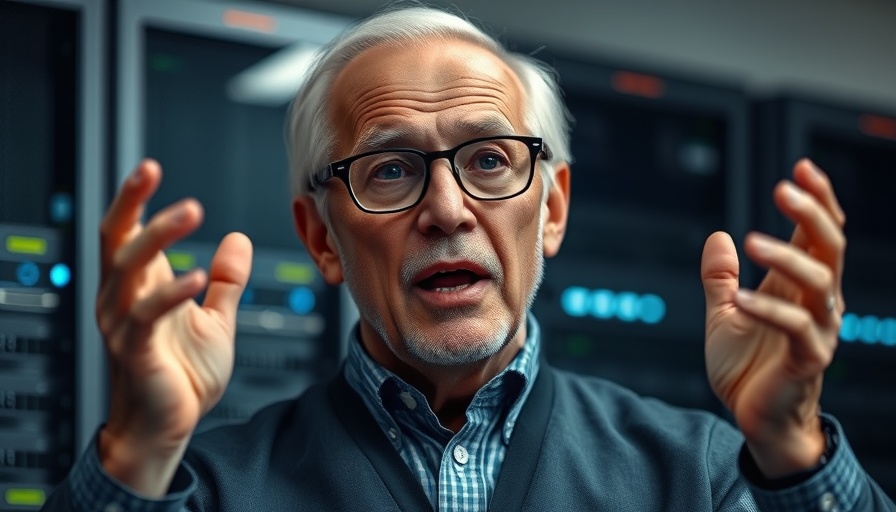
Nvidia CEO and Anthropic Head: A Clash of Views on A.I.’s Future
In a heated exchange at VivaTech in Paris, Nvidia CEO Jensen Huang and Anthropic co-founder Dario Amodei expressed sharply contrasting views on the impact of artificial intelligence (A.I.) on jobs and the workforce. The discussion highlighted a significant divide in the tech industry concerning the consequences of rapid A.I. advancements, with Huang maintaining that new opportunities will arise despite some job losses, while Amodei sounded alarms over potential mass unemployment.
The Diverging Perspectives on A.I. Job Displacement
Huang dismissed Amodei's assertions that A.I. technology could lead to a significant reduction in jobs, stating that A.I. would increase productivity, which tends to lead to increased hiring. “Whenever companies are more productive, they hire more people,” Huang asserted. In stark contrast, Amodei has been more cautionary, predicting a potential 50% reduction in entry-level white-collar jobs within five years, a sentiment he shared with Axios. He stated, “The majority of staffers are unaware that this is going to happen,” urging tech leaders like himself to provide transparency about A.I.’s future effects on employment.
Industry Responses: Embracing or Fearing Change?
While Huang and Amodei engage in this debate, several other tech leaders offer a mix of encouragement and caution regarding A.I.'s future roles in various industries. Eric Schmidt, for instance, has implored professionals across disciplines to embrace A.I. in order to remain competitive. At TED 2025, he declared, “Adopt it, and adopt it fast,” suggesting that innovation is crucial for maintaining relevance in a rapidly changing job market. On the other hand, Google CEO Sundar Pichai views A.I. as a facilitator for productivity, an outlook that aligns more with Huang’s optimism.
A Call for A.I. Safety and Transparency
In an effort to clarify his position, Anthropic emphasized that Dario Amodei's concerns are not about establishing Anthropic's supremacy in A.I. development but rather about ensuring comprehensive safety standards across the industry. Their statement highlighted Amodei's call for a national transparency standard for A.I. developers to enable informed discussions regarding the implications of A.I. advancements. With various opinions swirling around, the conversation remains crucial as stakeholders pursue security and responsibility within the evolving A.I. landscape.
The Human Factor: Why This Discussion Matters
The dialogue surrounding A.I.'s impact on jobs is not merely an abstract debate among tech leaders; it resonates with every worker facing the changes that the technology promises. With fears of job displacement looming large, workers find themselves navigating an uncertain landscape. This makes it crucial for industry leaders to engage transparently and responsibly with both the technology and those it affects.
Conclusion: As the tech world grapples with the complexities of A.I., it's evident that this technology could be a double-edged sword, offering both opportunities and challenges. What remains essential is for leaders to foster an environment of openness and preparedness for upcoming changes to guide their workforce through potential transitions.
For those looking to stay ahead of the A.I. curve while maintaining a sense of agency, it’s recommended to engage with educational resources and community discussions around A.I. and its implications. Bypass ANY AI Detector with ease and explore strategies to better adapt to a continuously evolving job market.
 Add Row
Add Row  Add
Add 




 Add Row
Add Row  Add
Add 

Write A Comment